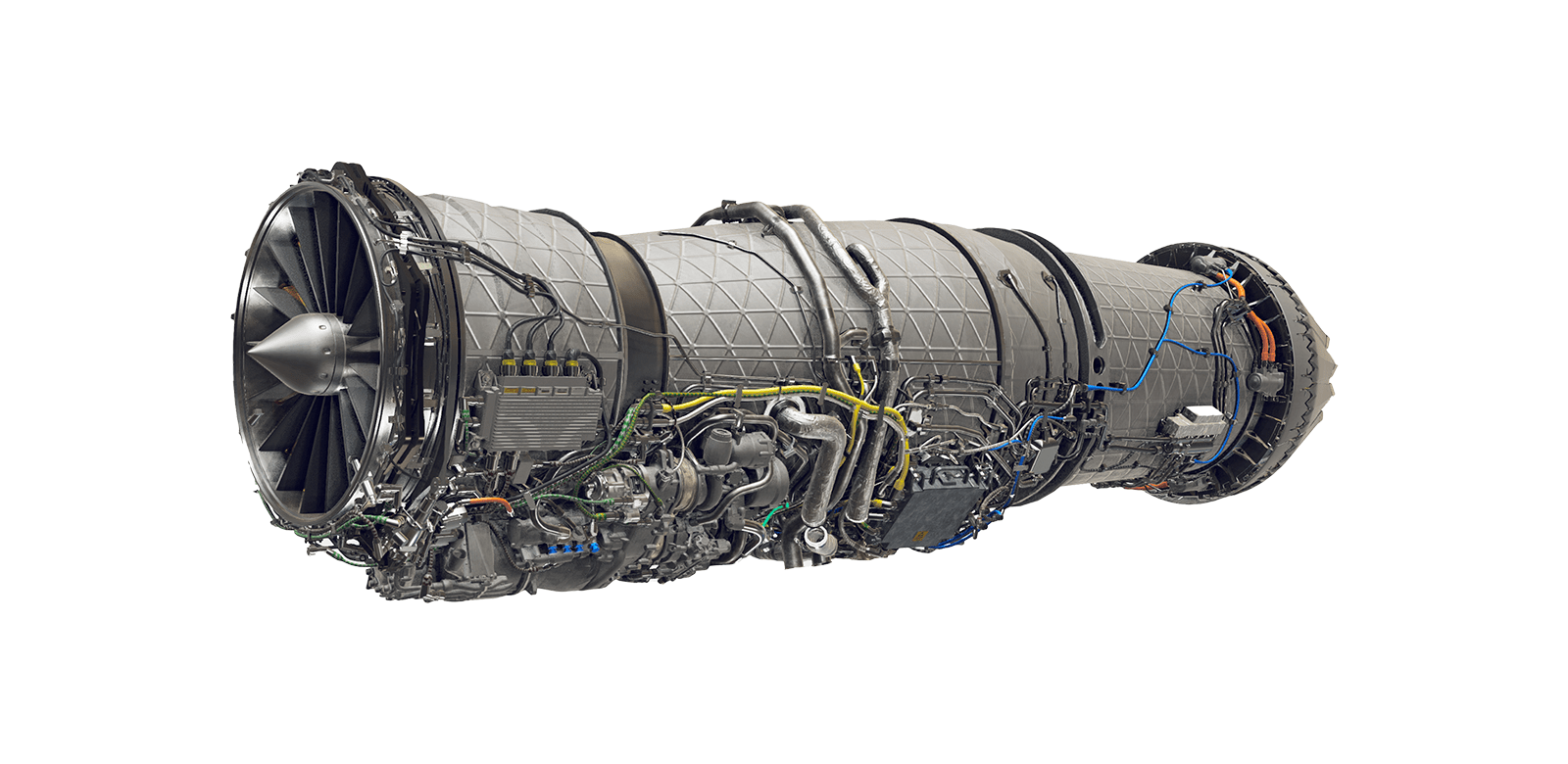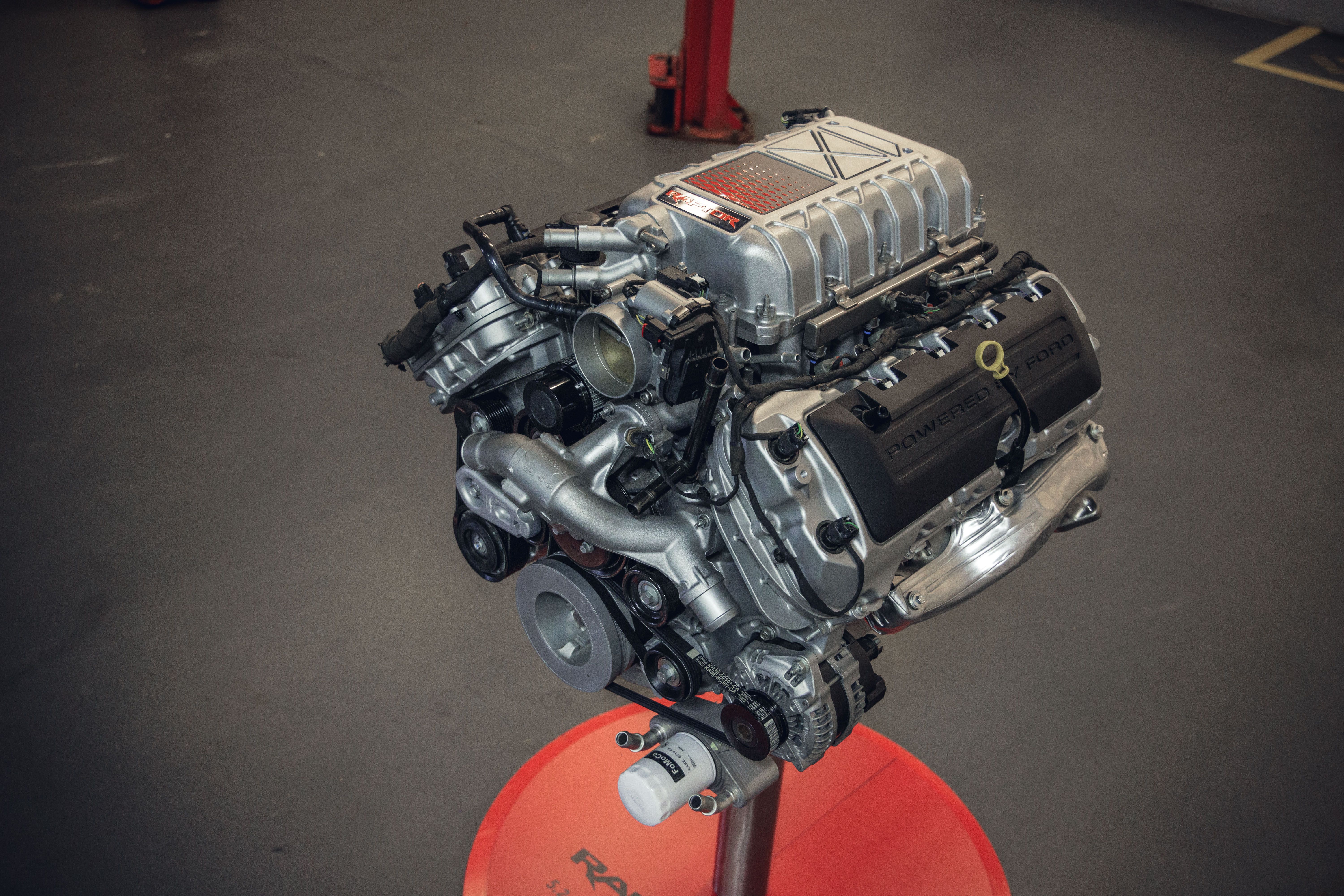The Effect of Ingenious Engine Technologies on Power Effectiveness and Environmental Sustainability
In the world of transportation and commercial equipment, the constant pursuit for enhanced power performance and lowered environmental effect has resulted in considerable improvements in engine innovations. From the steady change towards hybrid and electric systems to the integration of turbocharging for improved effectiveness, the landscape of engines is advancing rapidly. The use of different fuels additionally diversifies the choices offered for sustainable energy sources. These innovations not only guarantee a greener future but likewise hold the potential to revolutionize the method we come close to energy intake and environmental sustainability.
Evolution of Engine Technologies
The progression of engine modern technologies over the decades has been marked by continual innovation and improvement in pursuit of boosted performance and performance. From the very early days of interior burning engines to the innovative crossbreed and electrical powertrains these days, the evolution of engine technologies has been driven by a relentless quest for enhanced fuel performance and decreased emissions.
One substantial milestone in this advancement was the development of turbocharging and direct shot systems, which considerably improved engine power outcome while enhancing fuel efficiency. These modern technologies enabled smaller sized, much more lightweight engines that might provide the efficiency of bigger ones without compromising on performance.
Additionally, advancements in products scientific research have brought about the widespread fostering of light-weight products such as light weight aluminum and carbon fiber in engine construction. This has not only lowered overall lorry weight but has additionally boosted engine performance by decreasing power losses related to inertia and rubbing.
Benefits of Electric and Hybrid Equipments
With the expanding focus on sustainability and energy efficiency, what benefits do hybrid and electrical systems provide in the realm of engine technologies? Electric and hybrid systems present countless benefits that contribute to an extra lasting and energy-efficient future. Among the primary benefits is the substantial reduction in greenhouse gas discharges contrasted to typical interior burning engines. Electric automobiles generate zero tailpipe emissions, bring about boosted air quality and lowered ecological influence. Furthermore, electric and hybrid systems are much more energy-efficient, transforming a greater percentage of stored power right into propulsion contrasted to standard engines. This effectiveness results in lower energy usage and operating prices over the lorry's lifetime. Additionally, electrical lorries offer regenerative stopping systems that capture and save energy typically lost during braking, better improving power effectiveness. Hybrid systems incorporate the advantages of electric propulsion with the adaptability of a combustion engine, supplying expanded driving varieties and minimizing range anxiety for consumers transitioning to electrical automobiles. On the whole, hybrid and electrical systems play an essential function beforehand energy efficiency and environmental sustainability in the transport sector.
Turbocharging for Improved Efficiency
Cutting-edge engine innovations like electrical and hybrid systems have led the method for innovations in lorry performance, with turbocharging becoming a crucial strategy for enhancing total performance and sustainability. Turbocharging jobs by using a wind turbine to force more air right into the combustion chamber, permitting better gas burning and raised power outcome without a considerable boost in engine dimension. This procedure, called forced induction, makes it possible for smaller, more fuel-efficient engines to produce power degrees equivalent to bigger ones. By taking full advantage of the efficiency of the burning process, turbocharged engines can attain improved gas economic situation and decreased exhausts, adding to ecological sustainability. Furthermore, turbocharging boosts engine responsiveness, offering motorists with a much more vibrant driving experience. The extensive fostering of turbocharged engines in both gasoline and diesel cars demonstrates their performance in balancing performance, efficiency, and ecological influence. As automobile producers proceed to improve turbocharging modern technology, its duty in advertising power efficiency and sustainability in the transportation market is anticipated to grow additionally.
Using Alternative Fuels
Using alternate fuels provides a promising method for lowering carbon exhausts and original site branching out the energy resources made use of in transport. As the world aims to combat environment adjustment and lower dependency on fossil fuels, alternative fuels have gotten substantial attention for their potential environmental and economic benefits.
Biofuels, such as ethanol and biodiesel, are acquired from sustainable resources like algae, sugarcane, and corn, supplying a cleaner burning alternative to traditional gasoline and diesel. These fuels can be blended with existing oil gas or used in devoted engines, offering a pathway to reduced greenhouse gas discharges and boost air quality.
In addition, hydrogen fuel cells have emerged as an encouraging technology for zero-emission transport. engines for africa. By transforming hydrogen gas right into power to power electric motors, fuel cell automobiles create just water vapor as a by-product, eliminating harmful tailpipe emissions completely
In addition to helpful site minimizing carbon exhausts, alternative fuels can additionally improve power protection by expanding the fuel mix and lowering dependence on imported oil. Embracing alternative fuels in transport is an important action in the direction of attaining a much more lasting and eco-friendly future.

Environmental Benefits and Future Potential customers
The ecological advantages of alternate gas and their possibility for lasting sustainability are crucial factors to consider in the shift in the direction of cleaner energy sources. Alternative fuels, such as biofuels, hydrogen, and electrical energy, offer substantial environmental benefits contrasted to typical nonrenewable fuel sources. These fuels produce reduced levels of greenhouse gas emissions, minimizing air pollution and mitigating environment change impacts. Additionally, different fuels can aid diversify energy sources, enhancing power protection and decreasing dependence on limited sources.
The future potential customers for alternative gas in the transport sector are promising. Advancements in technology continue to improve the effectiveness and affordability of alternate gas lorries, making them extra available to consumers. Federal governments all over the world are likewise carrying out policies to incentivize the adoption of different gas, better driving their development. As study and development efforts increase, the possibility for also greener and a lot more sustainable fuel options increases, leading the way for a cleaner and much more eco-friendly transportation market. By welcoming alternative fuels and cutting-edge innovations, the course in the direction of a more lasting future comes to be progressively achievable.

Final Thought
In final thought, innovative engine technologies have played a vital duty in enhancing power efficiency and advertising environmental sustainability. The advancement of engine modern technologies, adoption of hybrid and electrical systems, application of turbocharging, and expedition of alternate gas have all contributed to enhancing and reducing discharges performance.
In the realm of transport and review industrial machinery, the continual mission for boosted power effectiveness and lowered ecological influence has actually led to substantial developments in engine innovations. Turbocharging works by making use of a turbine to require more air right into the burning chamber, enabling for much better fuel combustion and boosted power outcome without a substantial increase in engine dimension. By making the most of the efficiency of the combustion procedure, turbocharged engines can achieve improved fuel economy and minimized discharges, adding to environmental sustainability. Alternative gas, such as biofuels, hydrogen, and electrical energy, deal significant ecological benefits compared to typical fossil gas. The evolution of engine technologies, fostering of electric and hybrid systems, application of turbocharging, and expedition of different gas have all contributed to lowering exhausts and boosting efficiency.